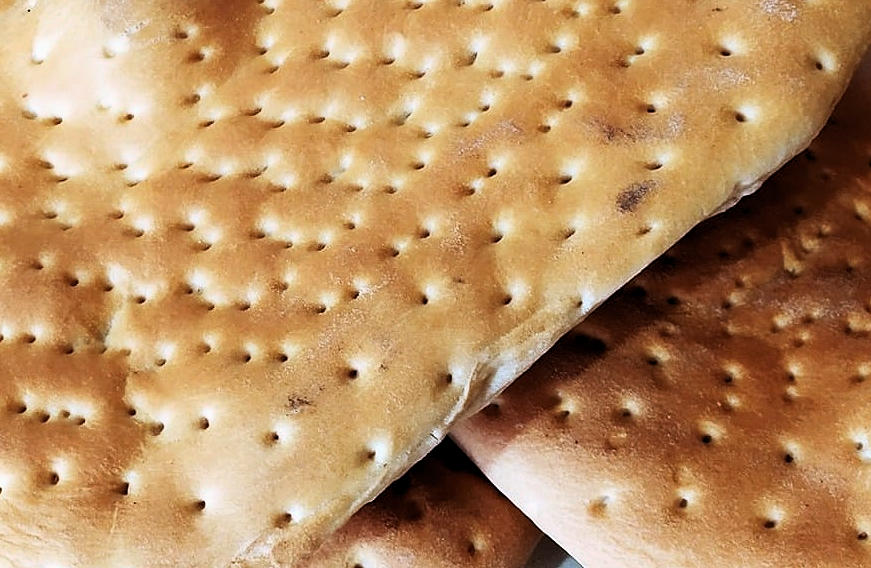For the Jewish community, adhering to kosher dietary laws was of utmost importance. As a result, olive oil became the preferred choice for Bica de Azeite, replacing animal fat commonly used in other bread recipes. The Jewish bakers meticulously shaped the bread into flat rounds, deliberately avoiding the rising of the dough and the formation of air bubbles. This meticulous process ensured that the bread remained unleavened, suitable for Passover and aligned with their religious practices.
Bica de Azeite, once a product born out of resourcefulness and frugality, has evolved into a cherished culinary delight associated with festive occasions. Traditionally, it graces the tables during joyous celebrations such as Christmas, Easter, and weddings. Its presence signifies the importance of tradition and the coming together of loved ones to share the warmth of the occasion.
Lisbon.vip Recommends
While Bica de Azeite tantalizes the taste buds with its delicious flavor, it also provides a range of nutritional benefits. The presence of monounsaturated fats derived from the olive oil promotes a healthy cardiovascular system and nourishes the skin. Additionally, Bica de Azeite contains vitamin E, a powerful antioxidant known for its anti-aging properties and disease-fighting capabilities. Depending on the type of flour used, this bread can also be a source of essential nutrients such as calcium, iron, and dietary fiber.
As you savor a slice of Bica de Azeite, you are not merely indulging in a delectable treat; you are immersing yourself in the rich tapestry of Portuguese culture and history. Each bite tells a story of resilience, tradition, and the legacy of a community that left an indelible mark on the culinary landscape. So, take a moment to appreciate the craftsmanship and heritage behind this remarkable bread, and allow Bica de Azeite to transport you to a time where the scent of freshly baked bread filled the air and nourished both body and soul.













